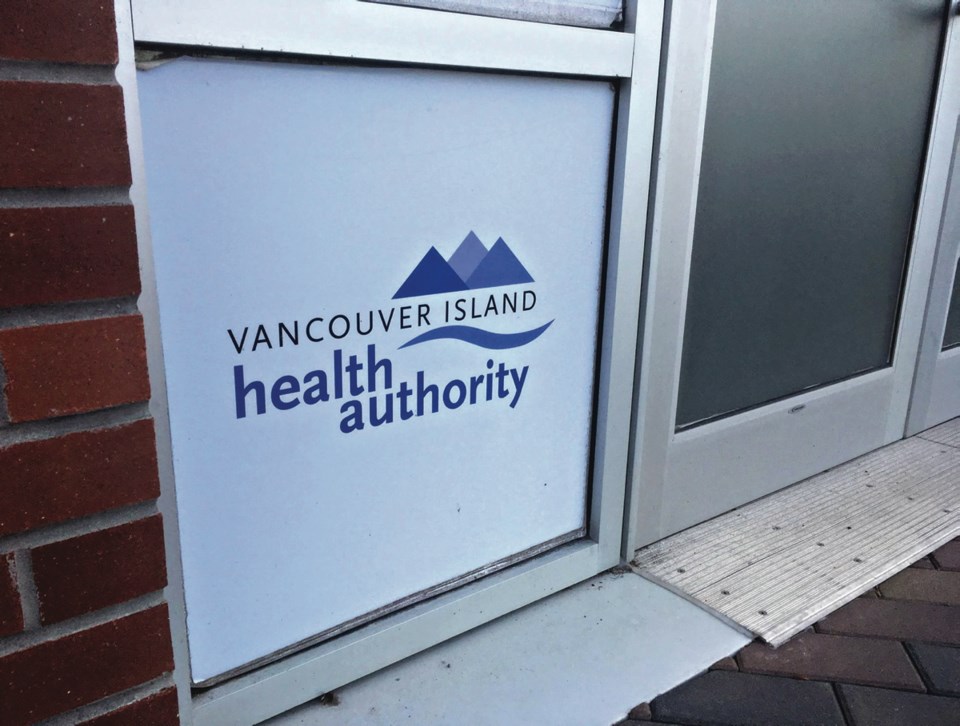A plan to randomly review diagnostic scans performed by locums in Island Health is in the works, after a probe into the work of a part-time radiologist on Vancouver Island showed a high rate of errors.
Dr. William David Robertson, Island Health’s executive medical director, will meet with medical imaging department heads to initiate a process for the random sampling of scans performed by locums throughout the health authority.
“That will be very quick,” Robertson said. “It will happen in less than a month.”
The random scans will be done throughout the health authority although, at the moment, there are no locum radiologists at Victoria General and Royal Jubilee hospitals.
In the past few years, random reviews have been conducted on CT scans and expanded to include MRIs and mammograms. The number of radiologists whose work is checked has also been expanded, Robertson said.
The random checks are the result of a March 2011 investigation by Dr. Doug Cochrane, who looked into the questionable quality of diagnostic images in four B.C. health authorities. The incidents related to physicians operating outside their training or outside their licence.
A raft of recommendations were made, but not all were implemented, Dr. Martin Wale found.
In September, Wale published a 52-page report into incidents of patient safety and quality of some radiology services in Island Health and other health authorities in B.C.
Last year, concerns about a locum radiologist were raised by Northern Health. Errors were found in nearly half of the 22 scans that were reviewed.
The review was expanded to other areas where the radiologist had worked, including the Island Health, Vancouver Coastal and Interior Health authorities.
In April, Island Health announced it was reviewing the accuracy of readings of diagnostic imaging reports — including CT scans, X-rays and ultrasounds — made by a radiologist who worked as a locum — a temporary replacement — on Vancouver Island between January 2013 and February 2016.
The review of 2,375 scans found a 15 per cent error rate, about triple what’s expected. Of these, 25 patients required followup care, Robertson said.
“Some of the patients whose CT scans showed errors, have since died,” Robertson said. “After careful review of all obtainable documents, Island Health is confident none of these deaths would have been prevented, nor would their care plans have changed, by the correct reading of the CT scans.”
“Had the reporting of the X-rays … had no errors, that would not have changed the timing or the nature or the manner of their dying,” he said.
The final review of 383 mammograms readings has just been completed and showed one patient has been advised to have a routine second mammogram. “There were no other concerns that would have affected patient outcomes,” Roberstson said.
Systems for recruiting and granting privileges and credentials to locums are sound, but those for managing locums are “much less robust than for permanent staff,” said the review by Wale.
Wale’s recommendations include a call for a provincial registry that documents where locums work so that it is available for other employers.
Health Ministry spokeswoman Laura Heinze said in an email: “We are currently in the process of developing an action plan that will address both the Wale recommendations and bring to completion the Cochrane recommendations.”



